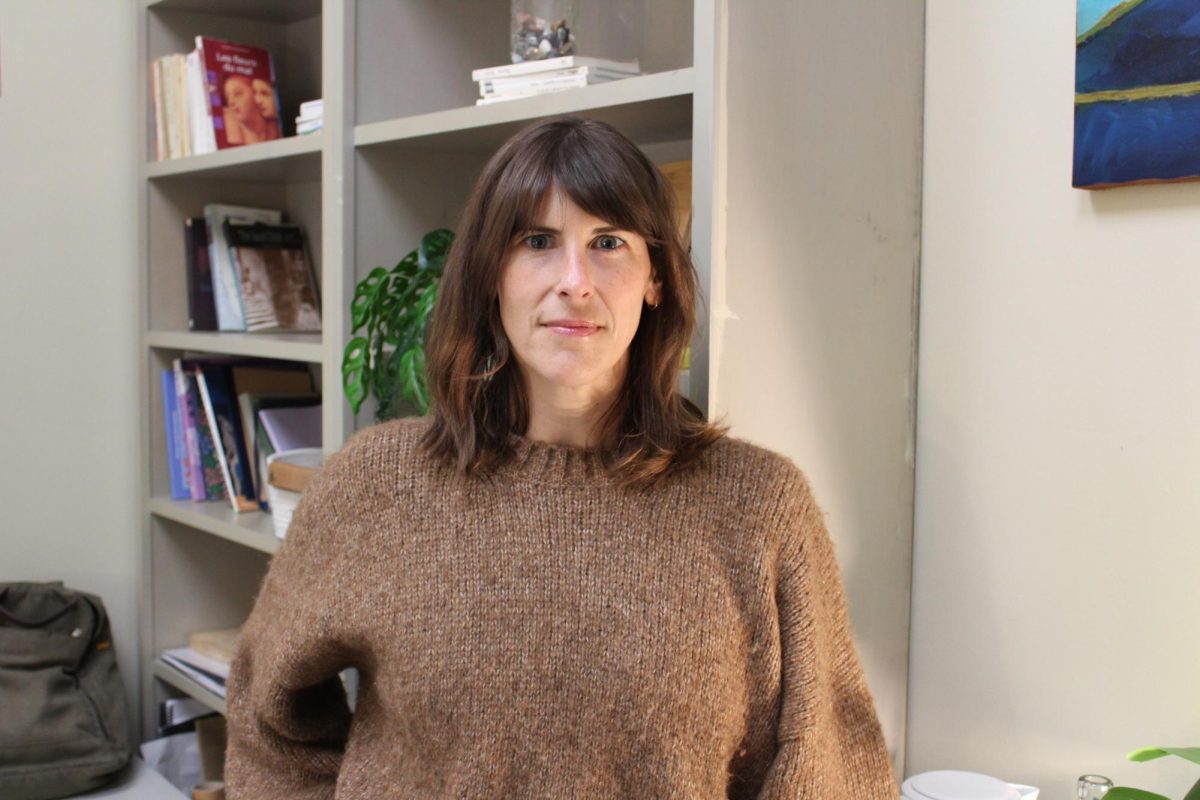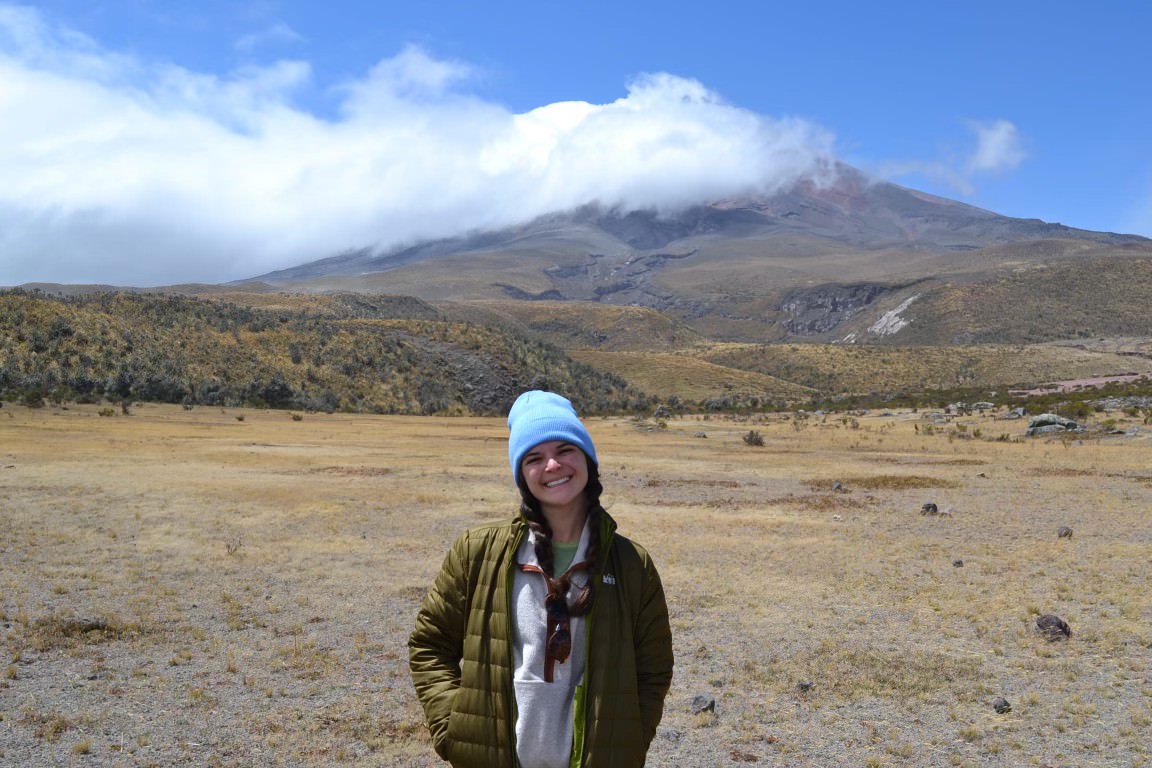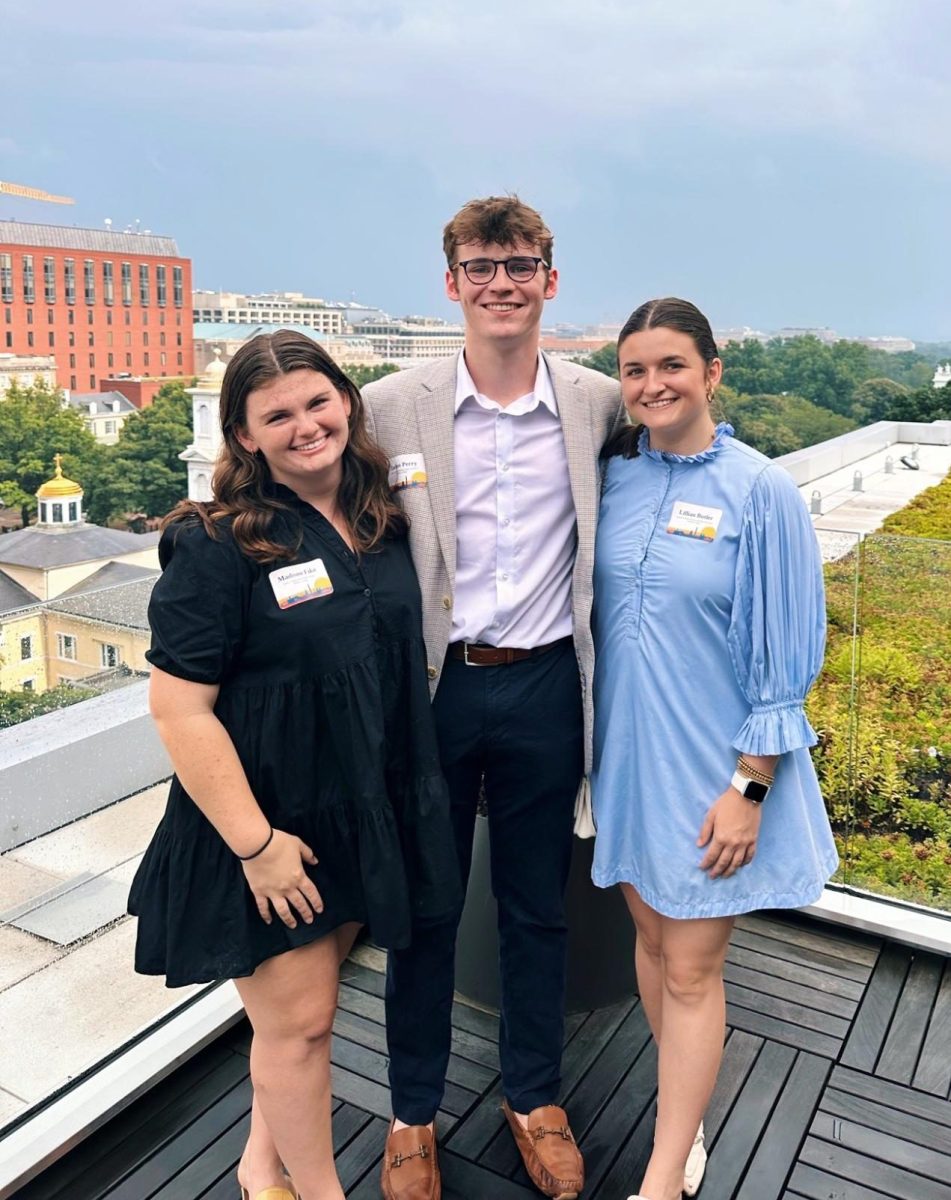Remembering the importance of peace during the thirtieth anniversary of the fall of the Berlin Wall
Imagine: it’s late at night on Nov. 9, 1989. People are crowded around the tightly controlled border security between East and West Berlin. Suddenly, with no official authorization from the government, the border patrol agents open the gate, and the Berlin Wall loses its power of authority. More importantly, not a single shot is fired. There is electrifying joy. In the destruction of this infamous border, a new and more prosperous life is imaginable; the future starts to shine brightly again, full of possibility and hope.
After the end of World War II in late 1945, the former Nazi Germany was split into four pieces that were shared by the Allied Powers. Three of these four sectors (American, French, and British) chose to encourage democracy and reconstruction after the destruction and rubble that laid in the wake of the war. However, the USSR chose to shape their sector within their own image. In 1949, the state of East Germany was founded, including the quartered capital of Berlin. While at the beginning of this face-off between East and West, citizens were allowed to freely travel between the eastern and western controlled sectors of Berlin. But as time went on and the relationship between the two governments became more tense (especially because of the mass exodus from the Soviet-controlled sector to Western Germany), the East German government began to seek out a solution to keep their citizens. In August of 1961, this solution materialized itself as a thick concrete wall, further surrounded by automatic shooting mechanisms, barbed wire, guard towers, searchlights and tripwires, all sandwiched between yet another wall.
My host mother, Anne Marie, grew up in Hamburg during the time of the Berlin Wall and the Iron Curtain. Despite living in West Germany, her life was still greatly affected by the strained relationship between the two governments. She especially remembers the fear and sadness that surrounded all of those around her.
My aunt was always afraid that someone was listening in on our conversations…My grandfather received death threats from the East German government…When my mother would see planes above us, she would fall to the ground and scream…When I was 16, I met an 18 year old boy with gray hair because he had been held in an East German prison for more than a year after trying to flee to the West.
Anne Marie also reflected on her understanding of the divide between East and West Germany as a child.
I was only able to visit my aunts, uncles, and cousins every two or three years… Crossing the border was always terrifying for me, but it had been especially terrifying on my 11 birthday. I had just left my family in East Germany and was waiting at the checkpoint between the two sectors… After searching our car, the guards took all of my birthday presents that my family had given me only hours before. It was a horror… They could do whatever they wanted, and there was nothing I could do about it.
After listening to my host mother’s experience with the Berlin Wall and the ever-looming threat of the Cold War, I wanted to know what she thought of division in any form. She left me with a very powerful statement: “For what can any wall truly be good for?”
Considering the firsthand perspectives of individuals who have witnessed events throughout history is vital to properly understanding the true scope of history. We must constantly remind ourselves of the age-old cliché that history will always be destined to repeat itself, unless we become aware of the impact of our actions. Despite the artificial borders that we continue to divide ourselves with (whether it be geographical, cultural, political, social, racial, linguistic, economic, ethnic, or anything else), people will always remain people. Under this concept, humans are mostly motivated by different variations of the same goal: to live and to be free. Freedom is not a concept that can be packaged or sold; it should be open to all. If we learn from our mistakes, maybe it could be possible to tear down walls instead of building them up.



























